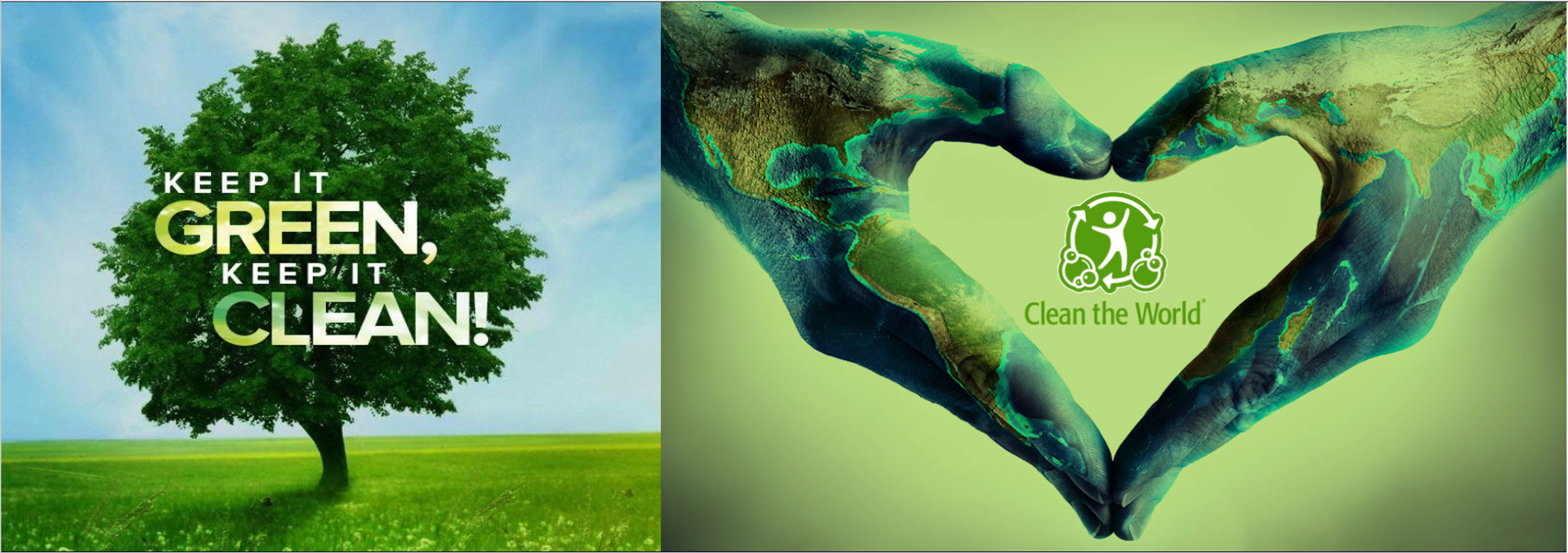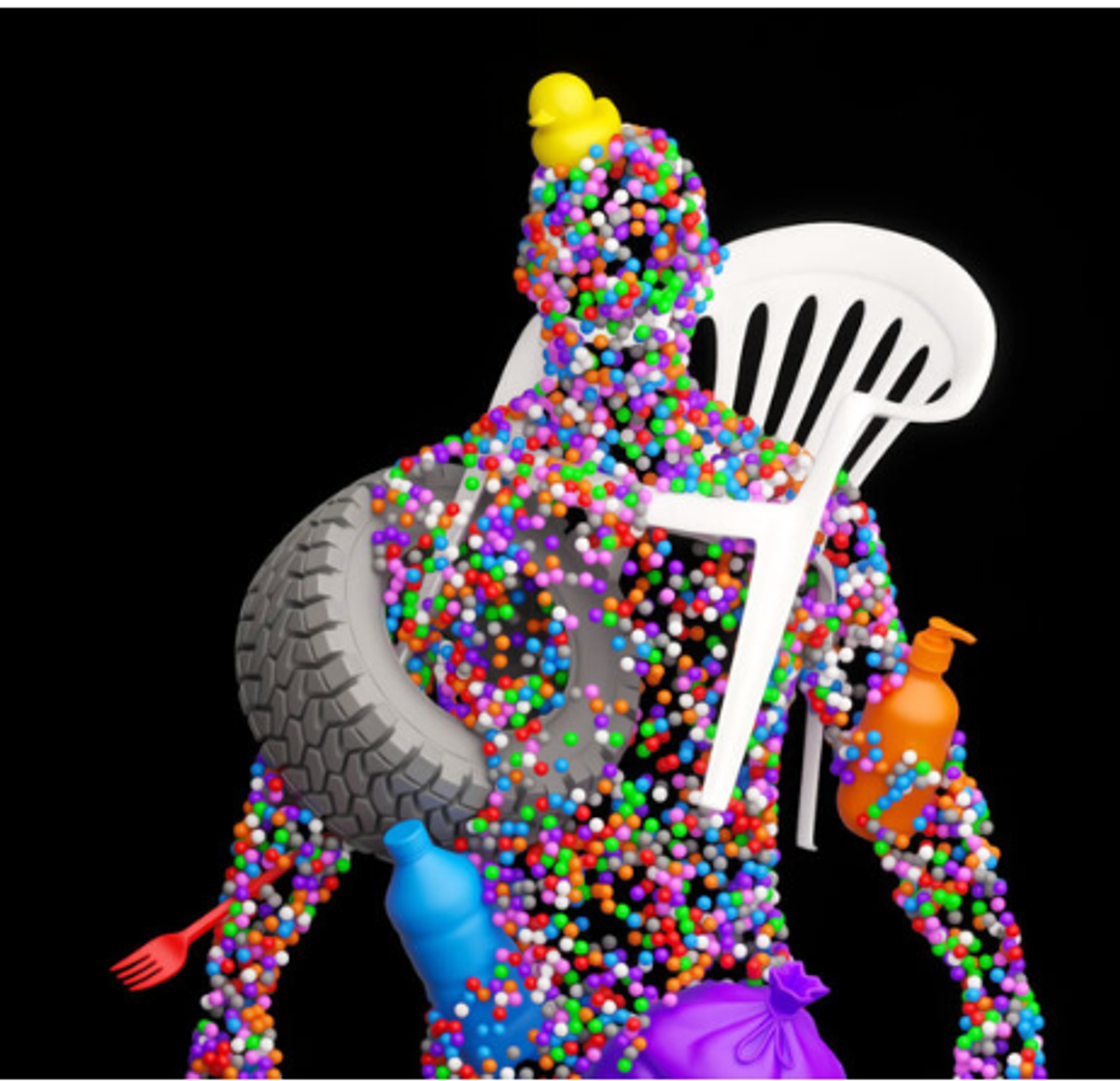The Green Page:

We Are All Affected by Pollution – Here’s What That Means for Us:
Scientists now talk about the “exposome” – all the pollution, chemicals, and particles we are exposed to over a lifetime. These substances are everywhere: in the air we breathe, the water we drink, the food we eat, and even in our own bodies.
Plastics have been found from Mount Everest to the deepest oceans. They’re in fish, plants, human organs, breast milk, and even in unborn babies. They can disrupt reproduction in animals and affect plant growth.
It’s not just plastics. “Forever chemicals” like PFAS, used in non-stick cookware and packaging, are in our soil, water, and food. Phthalates, found in cosmetics and plastics, can interfere with hormones. Fertilisers, pesticides, and drug residues run into rivers and oceans, affecting both wildlife and human health.
How It Affects Health
Pollution doesn’t just harm the environment – it impacts people in many ways:
• Air pollution from burning fossil fuels causes respiratory illness, heart problems, cancers, and even affects brain development.
• Contaminated soil and water can increase risks of diseases, pregnancy complications, and certain cancers.
• Some chemicals disrupt hormones or increase the risk of conditions like Parkinson’s.
These effects can be small for each person, but when millions are exposed, the collective impact is huge.
Why This Matters for Families
While the science is still developing, we know that children are often more vulnerable because their bodies are still growing. Reducing exposure – especially to substances such as plastics, pesticides, and polluted air – is important for protecting long-term health.
At Western Heights School, we can help by:
• Encouraging reusable bottles and containers instead of single-use plastics
• Planting trees to improve air quality
• Teaching students about caring for the environment and reducing waste
• Supporting walking and cycling to reduce vehicle emissions
Can We Fix It?
We can’t remove all pollutants, but small changes make a difference:
• Choosing products with fewer chemicals
• Supporting community clean-up and planting days
• Advocating for cleaner air, water, and land through local and national initiatives
The truth is, the world is inside us now – through the air we breathe, the food we eat, and the water we drink. The more we work together to reduce pollution, the healthier our children’s future will be.

